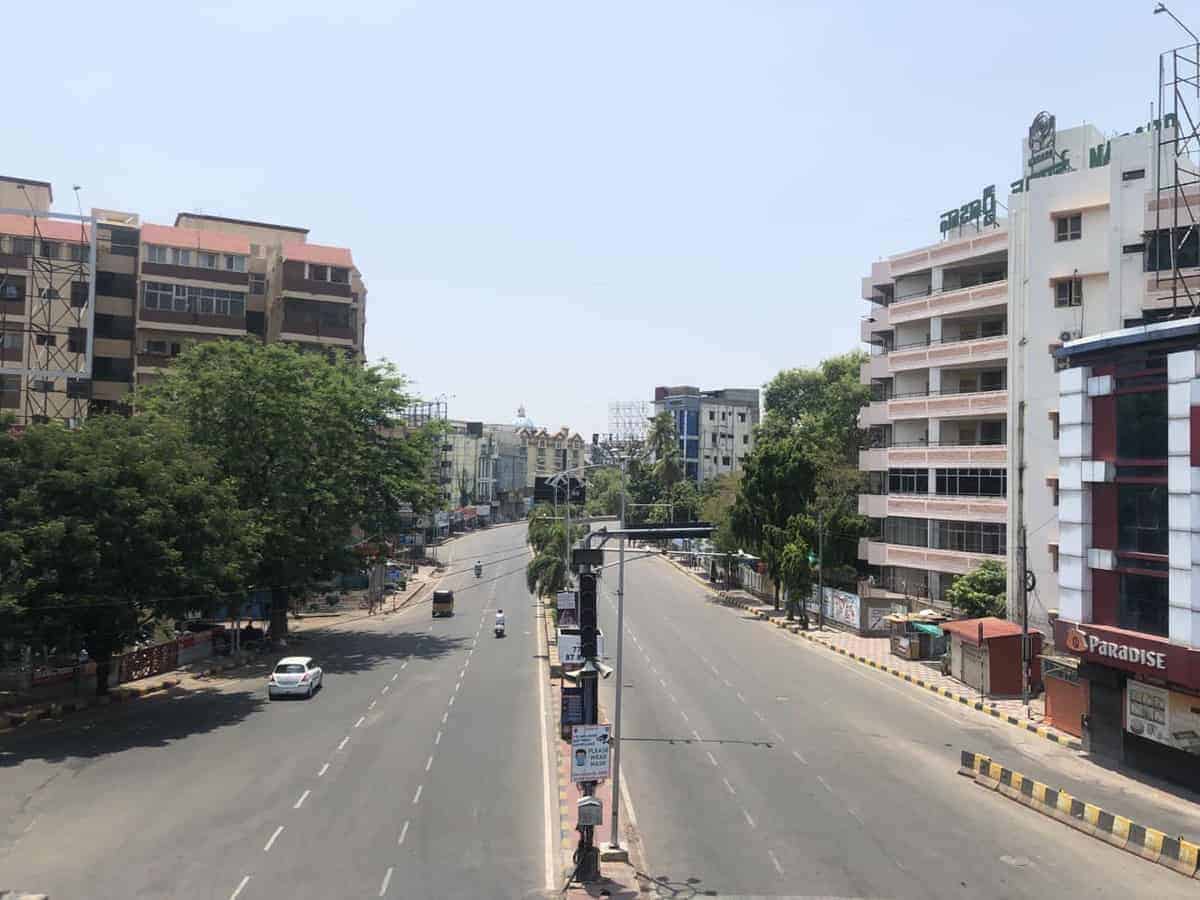Hyderabad: After examining the declining trend in COVID-19 cases and the positivity rate in the state, the Telangana government on Monday decided to lift all restrictions previously imposed and allow all activities that were permitted prior to the lockdown.
An official statement said that the cabinet made a thorough review of the COVID-19 situation across the country in general and the neighboring states in particular and observed that the COVID-19 situation in Telangana came under control faster than the rest of the country.
The government is not making false claims about the lockdown reducing the number of cases. In comparison, the average number of new cases for two weeks before the lockdown was instated on May 12 remained around 6216 and steadily decreased to an average of 3797 people per day in the two weeks succeeding the lockdown.
The average number of deaths for a couple of weeks before the lockdown was 47 and it dropped down to an average of 26 people per day in the two weeks immediately after May 12. There is a significant decline in the active cases and mortality post lockdown.
The peak days of COVID-19 swept through the state prior to the initiation of the lockdown, with one of the worst days, April 26, recording 10,122 new cases. It was only after resisting the recommendations of health experts with the insistence that lockdowns did not decrease the number of cases in states which implemented such protocols, that the Telangana government acquiesced to it on May 12.
To make a point, when the lockdown was announced (on May 11), 4,801 fresh COVID-19 cases were reported and when the lockdown was lifted on Saturday, 1,362 new cases were seen. Active cases too reduced substantially from 60,136 on May 11 to 18,568 on June 19.
How safe is the unlock now?
Considering the experts’ warnings of a looming third wave of COVID-19 that is likely to affect children the most, questions are one the rise whether the unlock decision came at the right time.
The government order said that all educational institutions, besides other public places including restaurants and cinema halls, will be reopened. This is against both the central government’s and experts’ advice to go for a phased or gradual unlock process.
Besides the risk of third wave, Delta and Delta-plus variant, a virus which is said to be escaping the antibodies, is widespread in the country too.
However, senior public health officials are hoping that a combination of factors, including preparedness and immunity gained naturally and through vaccines, will ‘weaken’ the impact of a possible third wave and spread of Delta variant.
“There is no doubt that the second wave of the pandemic had high morbidity. However, herd immunity could play an important role if a third wave springs up. There is already a large section of the population in the State which has gained natural immunity. Vaccination drive will also be intensified. Therefore, there is a chance that the third wave will not be as severe as the second,” director of public health Dr G Srinivasa Rao said last week.
Efforts are on to improve the existing medical infrastructure, to make hospitals better equipped to face the third wave. Besides, the government also made it clear that the people should not let their guards down because the lockdown was lifted. “There should be no complacency in fighting against the COVID-19,” the cabinet note on Saturday said.

